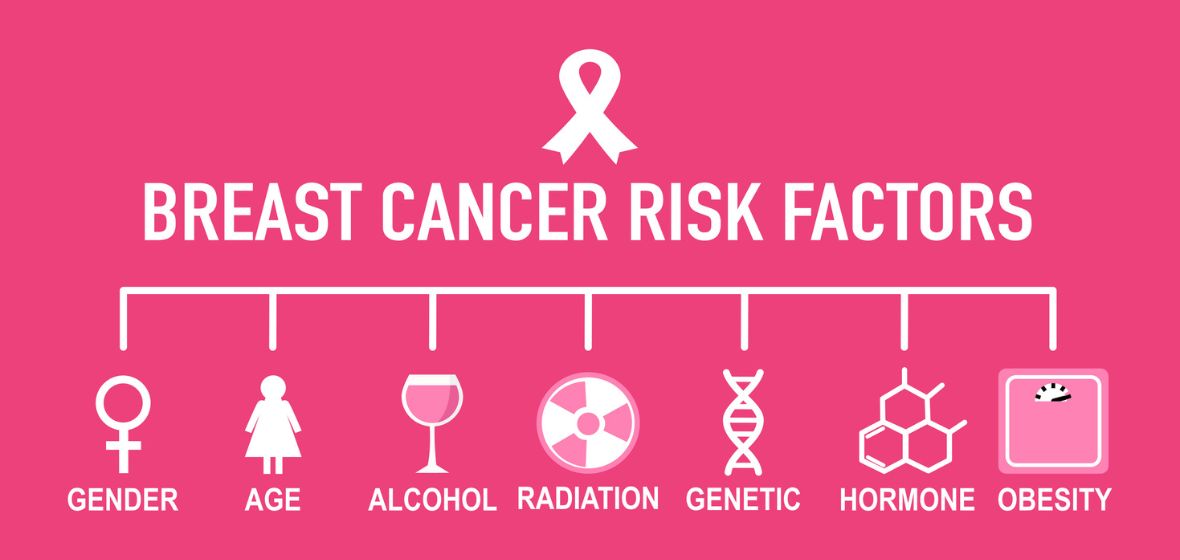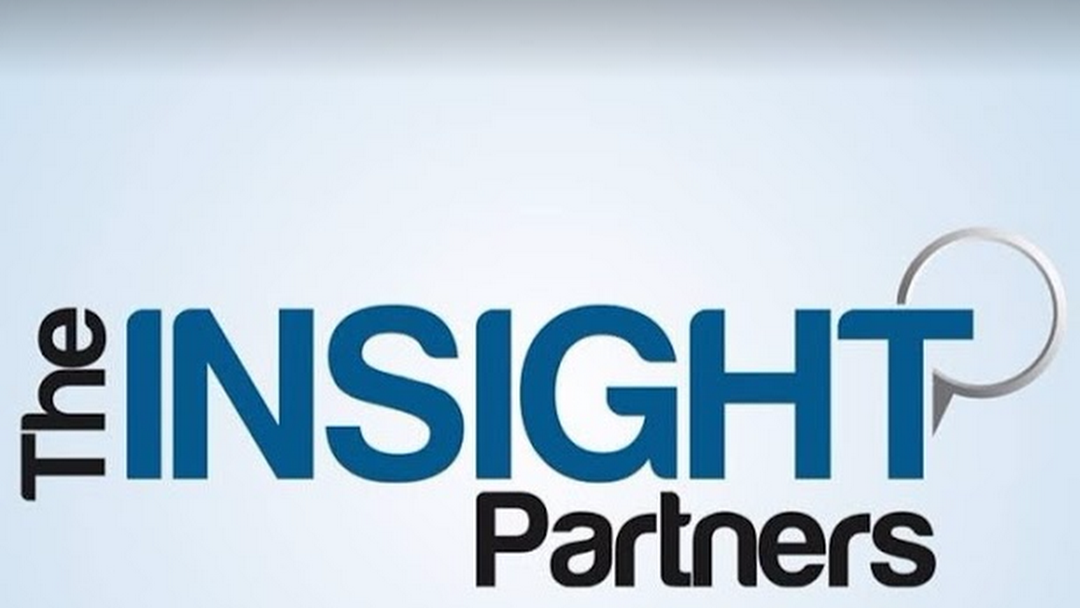Breast cancer ranks as one of the most prevalent cancers globally. Although women receive most diagnoses, breast cancer can also affect men. This guide aims to illuminate the various risk factors linked to breast cancer, providing patients and their families with a clearer grasp of the condition. The Role of Age and Gender The prevalence of breast cancer increases with age, particularly formerly when an individual reaches the age of 50. This is particularly concerning for women due to their distinct breast tissue composition and hormonal oscillations when compared to men. Genetic Factors: Family History and Genetic Mutations Family history also increases your risk. Often, in a scenario where your close relatives have ovarian or breast cancer, you are likely to have a genetic inheritance of cancer. Mutation in the genes such as BRCA1 and BRCA2 can remarkably cause breast and ovarian cancers. Above all, genetic testing is very important, more so to those with family backgrounds of the cancers. Hormonal Influences and Reproductive History Hormones significantly influence breast cancer risk. The doctors at the best ayurvedic cancer hospital in Delhi say Beginning menstruation before age 12 or entering menopause after 55 prolongs hormone exposure, heightening the risk. Furthermore, having children later in life or not at all can increase the risk of developing breast cancer. Lifestyle and Environmental Factors Lifestyle choices directly affect breast cancer risk. Drinking alcohol correlates with a heightened risk, which escalates with increased consumption. Obesity after menopause and insufficient physical activity are acknowledged risk factors. Prior radiation treatments to the chest, especially during early life, can also amplify the risk. Race, Ethnicity, and Breast Density When considering breast cancer threat and prognosis, it’s important to take into account race and race. White women tend to witness a slightly advanced prevalence of breast cancer in comparison to African- American, Hispanic, and Asian women. Nonetheless, it’s pivotal to note that African- American women are at an advanced liability of encountering aggressive and advanced- stage cancers. Also, individualities with advanced breast viscosity face an elevated threat, challenging further comprehensive webbing. Personal Health History Individuals with a past history of breast cancer or certain benign breast diseases have increased risks for recurrence. They should maintain regular medical examinations and heed their physician’s recommendations about monitoring and prevention. The Impact of Hormone Treatments Using hormone replacement therapy (HRT), especially combined estrogen-progestin treatments, is associated with a higher breast cancer risk. This risk diminishes after stopping these medications. Certain oral contraceptives may also marginally increase the risk, though research continues in this area. Understanding and Managing Risk Possessing one or more risk factors doesn’t guarantee breast cancer development, just as lacking risk factors doesn’t ensure avoidance. Many with multiple risk factors never contract the disease, and some with no known risk factors do. Awareness and proactive management are key. Screening and Prevention Regular screenings can detect breast cancer early when it’s most treatable. Mammograms serve as the standard screening tool, and those at higher risk may need to begin screening sooner and more often. Reducing alcohol intake, maintaining a healthy weight, and regular exercise can also mitigate risk. Support and Resources For a deeper dive, extensive research and statistics on breast cancer are accessible through scientific articles and cancer databases, offering valuable insights for patients, caregivers, and healthcare professionals: Global cancer statistics 2018: GLOBOCAN estimates of incidence and mortality worldwide for 36 cancers in 185 countries Global Cancer Statistics 2020: GLOBOCAN Estimates of Incidence and Mortality Worldwide for 36 Cancers in 185 Countries Additional Risk Factors: Breastfeeding: Breastfeeding could slightly protect against breast cancer, a long duration of which boosts the benefit. Dietary Patterns: Incorporating diets rich in fruits and vegetables while minimizing reused and red meat consumption may lead to a reduction in breast cancer threat. Environmental Chemicals: Ongoing exploration is probing into the implicit connection between exposure to specific chemicals and an elevated threat of breast cancer. Psychological Stress: Chronic stress might affect hormonal balance and potentially influence cancer risk. Night Shift Work: Disrupting the body’s circadian rhythms through night shift work may pose a risk factor for breast cancer. Breast Implants: While breast implants do not seem to increase cancer risk, they can complicate mammogram readings. Secondhand Smoke: Postmenopausal women exposed to secondhand smoke may face an increased risk of breast cancer. Early Detection: Not a risk factor per se, but early detection through regular self-examination is crucial for early intervention. Conclusion Breast cancer’s complexity lies in its myriad of risk factors. Understanding these enables patients and the public to take control of their health. Regular screenings, lifestyle adjustments, and genetic counseling form a proactive strategy for managing breast cancer risk. Discuss any concerns about risk factors with your healthcare provider, like the best ayurvedic cancer hospital in India, for personalized advice and support.
What Are The Risk Factors of Breast Cancer





